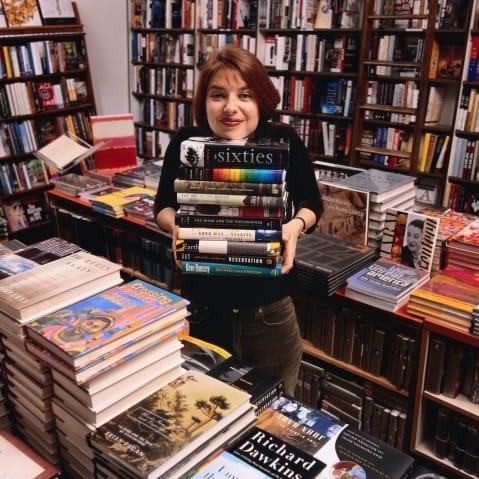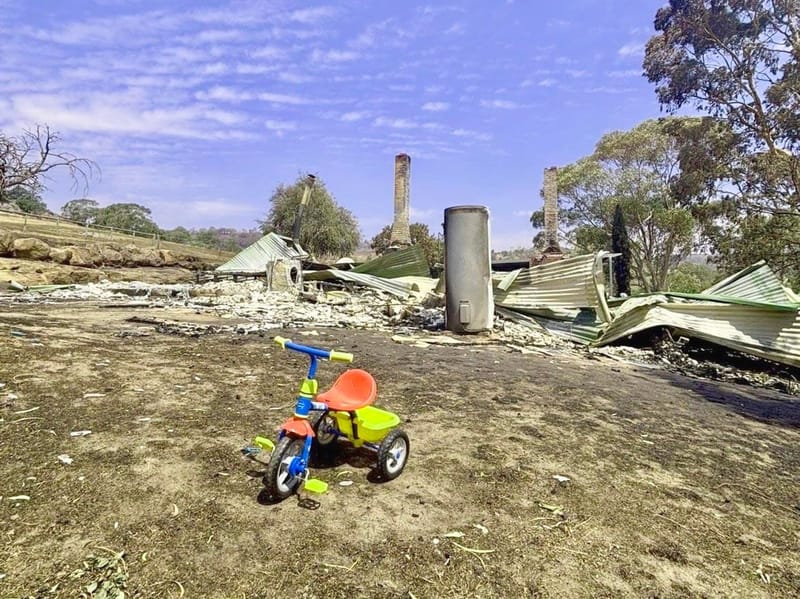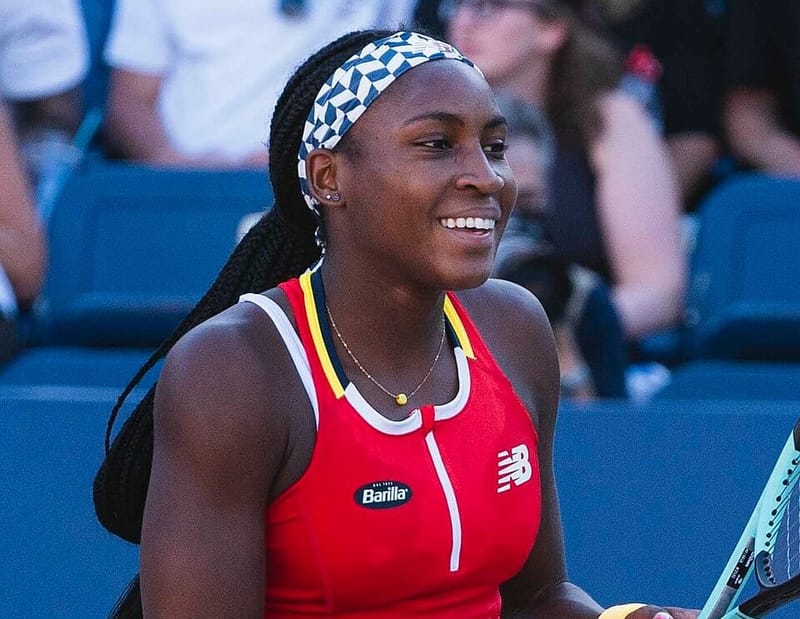The story's not over for bookstores
Local bookstores continue to challenge the surge in online book purchases four years after major bookstore chains Borders and Angus & Robertson closed down.


By SHING HIM NG
Bookstores continue to challenge online book purchases four years after major bookstore chains Borders and Angus & Robertson closed down.
According to IBISWorld’s Book Stores market research report, the revenue for bookstores has declined by an annual rate of 8.5 per cent, while online book sales have increased by 26 per cent since 2009.
But individual bookstores are using different tactics to survive in the shrinking market.
The owner of Daylesford’s Bookbarn, Andrew Green, says they specialise in selling rare and unusual second-hand books people cannot buy elsewhere.
“I don’t think we’re affected by online bookstores so much,” Mr Green said.
Mr Green brought his collections to the Clunes Booktown festival on May 2, to favour those who have “a love of books”.
“Our target [is] second-hand book lovers who love to treasure hunt within the collections … we also sell new books written by local authors, which are not common to see in online bookstores.”
The evolution of online bookstores such as Amazon and Book Depository and their ability to discount books has disadvantaged traditional brick-and-mortar stores.
“Books from online bookshops are cheaper, because they don’t have to pay for the rent and wages of the workers,” 50-year-old book-lover Peter Barker said.
Despite online purchasing being cheaper and more convenient, Mr Barker said he believed the bookshop experience motivated booklovers to go into different local bookstores.
“Taking the book from the shelf, smelling it and feeling it – it is the experience that we enjoy [that] fascinates us to go into a bookshop,” Mr Barker said.
“I like holding the book, and I think reading something on Kindle is not a full, satisfying experience.”

Clunes Booktown festival-goer Kerry Lander continues to support printed books because of their historical value.
“Printed form is the way books have been since they were invented,” Ms Lander said.
“It is special to hold something in your hands, like your parents, grandparents or other family members did.”
Ms Lander also likes the personal touches bookstores provide that online options can’t.
“I love spending time in second-hand bookstore because I can trade in my books for store credit,” Ms Lander said.
“The store owners are like my family members – they know my name, and what I like to read.”
Encouraging children to read
Targeting children and encouraging them to read books is another way the traditional book market is keeping afloat.
Owner of the Itty Bitty Bookvan Kerri Bennett has turned a vintage caravan into a moving children’s book kingdom, decorating it with grass, coloured flags and bookshelves.

“By having a bookshop that is ‘child-friendly’, kids are involved in the buying process. They’re more encouraged to pick a book, own it and read it, and continue talking to their parents about the books,” Ms Bennett said.
According to the 2014 National Survey of Reading, Buying and Borrowing Books, 73 per cent of parents with children under 13 years old read to their child.
As a mother of two, Ms Bennett said an actual book could bring children and parents together.
“Reading a book to a young child isn’t only about reading the words, but also the time sitting together and sharing the book experience with them … it’s not easy to do on a small size e-reader,” Ms Bennett said.

The Itty Bitty Bookvan also promotes book swapping, which Ms Bennett believes encourages children to read different books and share what they learn with other children.
“Book exchange can get kids reading actively and sharing the story they enjoyed, and then [they] pick up a new story book,” Ms Bennett said.
Illustrators of storybooks have made their works more visually attractive in an attempt to grab the attention of children.
The author of the children’s book Jeremy, Chris Faille, is aware of how important good pictures are.
“Children get bored when they see dozens of black-and-white words,” Mr Faille said.
“Even though [Jeremy] is a children’s book, I didn't want caricature drawings … I didn’t want the kids to see a book where the animals look funny; I wanted real pictures.
“I think it is important that parents should encourage their children to read a lot …introducing them to the idea of reading, stories and narratives.
“Otherwise when they get older, they’ll miss what’s really happening if they only play with electronic devices.”





